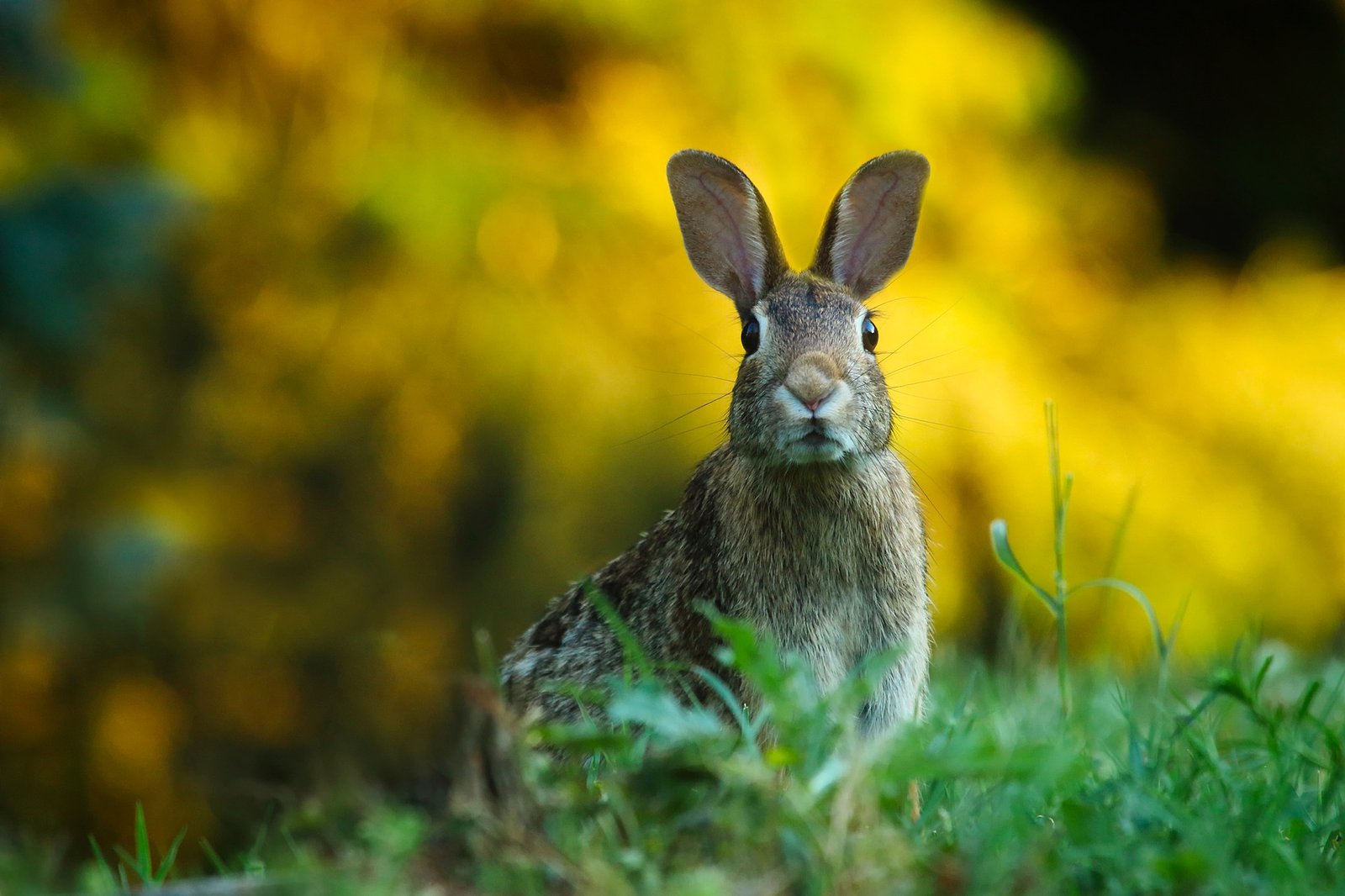The syphilitic bunnies at an Edmonton cemetery have been killed off by a very rare rabbit disease. Few, if any, are still alive. “It was a very viral virus that rapidly ran through the colony and killed essentially all the feral domestic rabbits,” Margo Pybus, a wildlife disease expert at the University of Alberta, said this in an email. This disease is very contagious and usually kills European rabbits, from which pet rabbits are descended. It is very quickly spread and almost always kills them. Sometimes, it has spread to wildlife.
Libidinous rabbits lived at the cemetery and in the surrounding area for about 30 years before they were killed. When Blane Klack ran All Sizes Animal Rescue, the colony grew to about 300 at its peak. Klack said that only 130 of the 200 he saved survived. There were usually two to three different types of worms and other parasites in every rabbit that we caught, they said in an interview recently. Syphilis was also found in many of them.
Many of the rabbits people tried to help and rescue, dies three days after. “The predators were just eating the rabbits.” The colony started to shrink, but with help from rescuers, it started growing again this year, says Klack. As they were getting ready to start rescues again, a single case of RHD was found in southern Alberta. Volunteers instead worked on getting rabbits that were already in care vaccinated instead.

It makes them happy to know that there isn’t a huge colony of sick animals out there, and that coyotes aren’t going to be as big of a problem. Rabbits aren’t going to keep being born and dying for a long time to come. RHD was found in Taber in March. While the disease is new to Alberta, there have been outbreaks of the disease in feral domestic rabbits in the province of British Columbia, which is where the disease came from. All the mountain cottontails and white-tailed jackrabbits in Alberta may be at risk. As of now, there isn’t any evidence that the disease has spread to the animals in the area.
But the BCSPCA says that the genetic sequencing of the case found in southern Alberta is very similar to the strain found in the United States. There are a lot of important things this means for the welfare of wild rabbits as well as the health of the environment, and it also means that if the virus spreads to B. Vaccines aren’t approved in Canada, but the B. government used an emergency provision to get some. Some Alberta veterinarians also bought things from the B. When someone doesn’t look like a ” They just need extra protection because they seem so unassuming.” they need more protection. It was too late to get answers from the Alberta government about how the disease got there, how many and what kind of animals have been killed, and if the government is trying to get RHD vaccines, so we don’t know.



